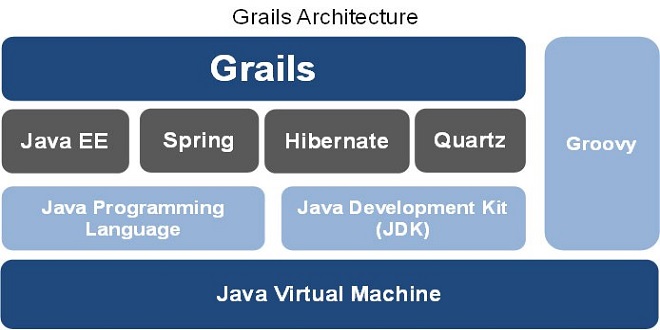Emerging Trends In Finance and Accounting: Technology, Analytics, and Automation

Information Technology (IT) has tremendously impacted how you communicate, commute, network, do business, and more. Now it’s time to change the way you account. To succeed in this corporate era, you need speed, efficiency, and productivity. This article will help you maximize just that by giving you important emerging trends in finance and accounting, specifically in technology, analytics, and automation.
From Big Data, automated accounting procedures, cloud-based accounting software, blockchain, and more have come new finance technologies. These improve decision-making, data visualization, data cleaning, and data profiling, reducing the accountant department’s workload and completing tasks with speed and quality. Such efficiencies can help you drive the market forces that shape the accounting industry today. This article will explore four emerging trends in finance and accounting that will give your business the flight it needs.
Technology
Accounting Software
To effectively use technology and automation in accounting, such as Artificial Intelligence (AI) and Robotic Process Automation (RPA), data must be harmonized. This refers to merging structured, unstructured, and semi-structured data into a single system, and standardizing them from numerous sources in multiple formats. This is where accounting software enters.
Cloud-based accounting software is a popular choice among companies. For example, enterprise resource planning systems can merge your financial data and your accounting software with other important aspects of your business. These include operations management, order, production, supply chain, etc. An ERP platform can give you practical insight into all areas of your business. Likewise, finance and accounting outsourcing can provide you access to skilled professionals with the necessary infrastructure to achieve the aforementioned. Resources from outsourcing include digital solutions, standardized operations, accurate shoring strategies, and more.
Remote Working and Online Collaboration
Accounting thrives on collaboration. Tools that support the like include cloud-based file sharing, e-signature tools, cloud databases, remote communication platforms, etc. Such applications make sharing, storing, and correcting information significantly easier and faster; compared to their physical counterparts, there is less room for error and time consumption.
In the same way, collaboration thrives on remote working. Through the use of online communications platforms, your accounting team will save time and energy spent on coming to the office, promoting worker well-being and hence, productivity. Your staff will also not be distracted by the desire to socialize with other workers, increasing work efficiency. To boot, online working leads to uninterrupted workflows from anywhere in the world and diversifies your business. Feel free to visit to learn more about – gramhir
Automation
Artificial Intelligence
Companies use Artificial Intelligence (AI) and Robotic Process Automation (RPA) to complete small, repeatable tasks to increase efficiency in the workplace. They also minimize errors and maximize standardization, improving the quality of these tasks. Not to mention, while AI and RPA automate mundane accounting activities, your accountants will have the time and energy to focus on high-value and high-impact tasks.
For instance, AI can analyze contracts and gather information on the features quickly, giving the accountant time to make decisions based on the collected data, tension-free. Similarly, Artificial Intelligence can automate bank reconciliation, data entries, revenue recognition, contract management, and more.
Analytics
Data Analytics and Forecasting Tools
Businesses must utilize their budgeting, forecasting, and planning programs, and data analytics and visualization tools to become dynamic and analytical. Data analytics can be used to extract vital information from large data sets to make quick and strategic decisions and offset risks. For example, tax accountants can use data analytics to examine elaborate tax matters concerned with investment scenarios, accelerating investment decisions and outperforming competitors.
Another way you can handle tax accounting is through tax preparation outsourcing. This comes with access to skills, resources, and technology that your company may lack. You will be able to trust the mundane work of tax preparation to services with specific models, digital solutions, and internal and external benchmarking to handle your taxes with accuracy.
Conclusion
Combining technology, automation, and analytics will give your finance and accounting teams the resources they need to sharpen problem-solving and critical thinking to develop business strategy. Investing in accounting software, remote working, Artificial Intelligence, and data analytics and visualization tools will enable you to digitalize and diversify your business in an online era. Repetitive tasks will no longer be the main focus, allowing your staff to cultivate high-value decisions, investments, and ideas. The result? greater revenue and reputation in the accounting industry!





